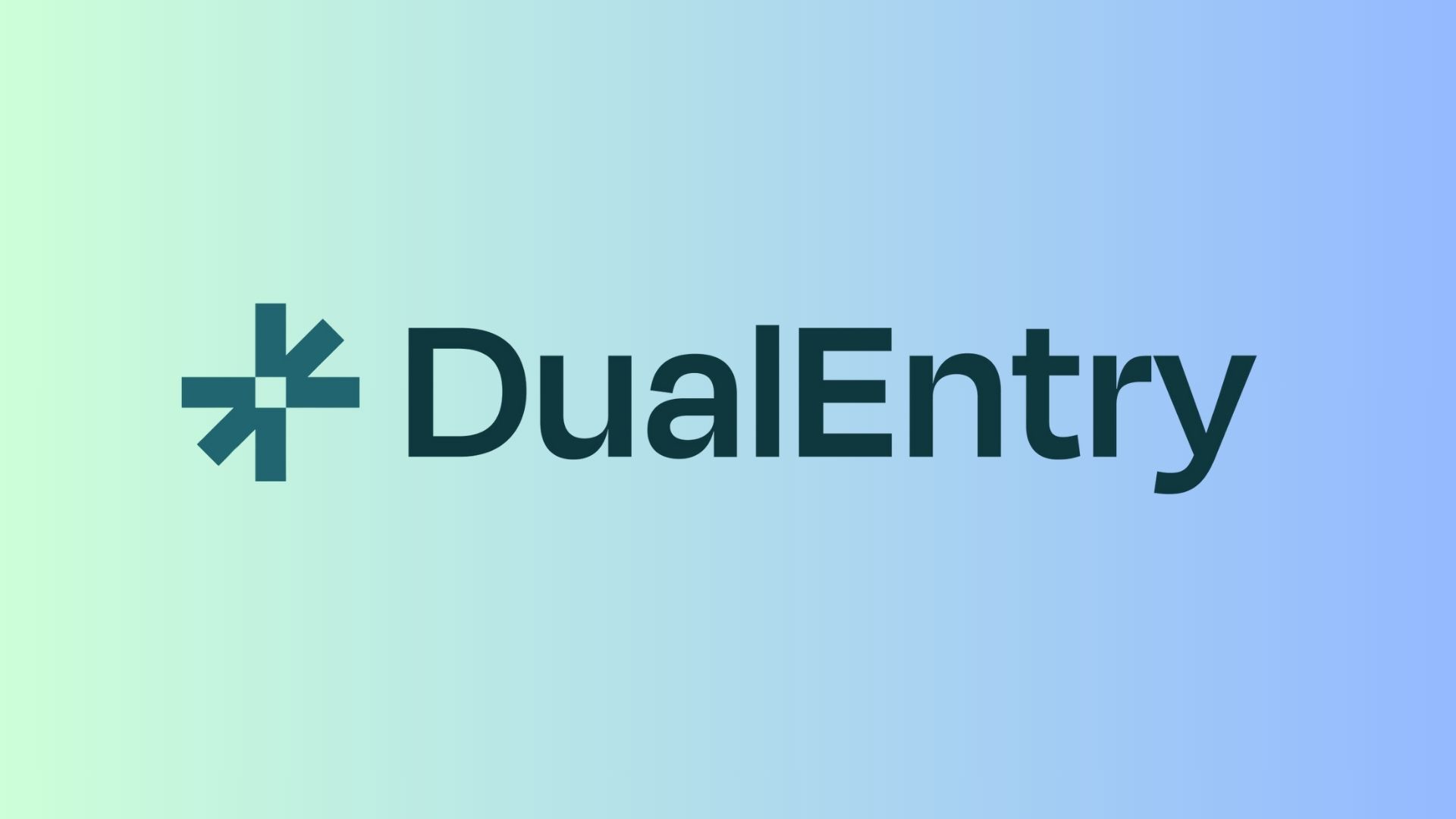Public fears of AI rapidly displacing workers have not yet materialised in the US labour market.
A new study finds that the overall occupational mix has shifted only slightly since the launch of generative AI in November 2022, with changes resembling past technological transitions such as the rise of computers and the internet.
The pace of disruption is not significantly faster than historical benchmarks.
Industry-level data show some variation, particularly in information services, finance, and professional sectors, but trends were already underway before AI tools became widely available.
Similarly, younger workers have not seen a dramatic divergence in opportunities compared with older graduates, suggesting that AI’s impact on early careers remains modest and difficult to isolate.
Exposure, automation, and augmentation metrics offer little evidence of widespread displacement. OpenAI’s exposure data and Anthropic’s usage data suggest stability in the proportion of workers most affected by AI, including those unemployed.
Even in roles theoretically vulnerable to automation, there has been no measurable increase in job losses.
The study concludes that AI’s labour effects are gradual rather than immediate. Historical precedent suggests that large-scale workforce disruption unfolds over decades, not months. Researchers plan to monitor the data to track whether AI’s influence becomes more visible over time.
Would you like to learn more about AI, tech and digital diplomacy? If so, ask our Diplo chatbot!










